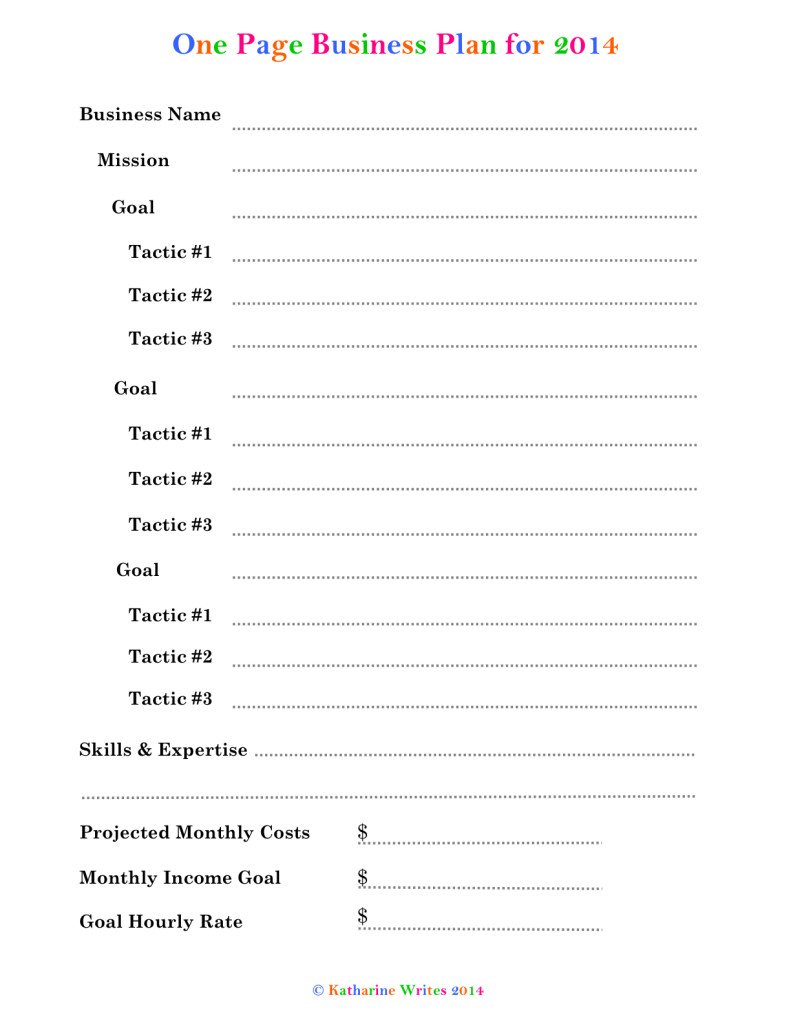Posting anything at the beginning of the new year always feels a little odd to me.
For one thing, everyone is posting then. How to make new year’s resolutions. How to make goals instead of resolutions. How to not worry about the new year and make necessary changes at any time. The list goes on and on. With all that gets written about the start of a new year, it’s hard to feel like you have anything to add to the conversation!
So that (combined with the fact that I had a nearly-not-working computer and a sever bout of fatigue) led to the decision to start my new year a little late. I took an extra week off, relaxed with my husband, and didn’t really start looking at work again until the second week of January.
I’m pretty glad I did. I spend week one of 2014 relaxing. I spent week 2 getting organized. Now, I have a new computer (a Surface Pro 2, actually, with a new desktop in my future), a new planner, and new energy to refocus on my work.
It can be too easy, sometimes, to jump straight into the new year.
To fire off all your energy an enthusiasm in the first two week and then… well, and then find yourself back where you were before. Overwhelmed, not sure what to do next, still rushing frantically from one thing to another, trying to get too much done in too little time.
So, to keep your new year momentum going, why not take some time this week to refocus on your goals, to make sure you have a plan in place for at least the next six months? (Preferably longer, but given my performance work, I tend to think in six-month increments.) It doesn’t have to be a huge, time-consuming effort.
In fact, you only need one page.
Download Your One Page Business Plan for 2014
Start with your business.
What is it you do? What do you want to achieve? What services do you deliver. Use these to come up with a single sentence or phrase that embodies the core of your business mission.
Then pick your goals.
Keep it simple: there’s room for three. If you need more after 6 months, you can add more, but picking too many things to focus on will overwhelm you. Most importantly, don’t be vague. “Grow business” will leave you scratching your head, but “increase income by 50%” will suggest ways of achieving itself. “Write more” will leave you exactly where you started, but “Get an agent by the end of the year” required action.
For my business plan, since I have three different parts to my work (performing, copywriting, and fiction writing) I picked one main goal for each area that I want to achieve.
Decide on tactics you will use to achieve these goals.
Here’s where you’ll see my theatre side come out: when acting, you always want to think in terms of tactics. When you’re saying lines onstage, you’re not just saying words: you want something from someone, and you’re using different tactics to try and get it. Every monologue should have at least three tactics. So, in my business plan, every goal should have at last three tactic you will use to achieve it. These should be concrete, actionable, results-producing steps.
If your goal was, “Get an agent by the end of the year,” your tactics could be, (1)Write 2000-3000 words a day until novel is complete; (2)Edit novel March-May; and (3)Submit to 3 agents per week. Keep in mind that your tactics aren’t guaranteed to get you what you want. They’re stepping stones, and you may need more of them than you think. But starting out with a plan will always put you on the right path.
Remind yourself why you are qualified.
It never hurts to build yourself up a little. So take a few lines to write out what makes you qualified, what makes you over-qualified, for this work. Make sure you believe in your own professional capabilities, or no one else will.
Finally, look at your finances.
Since I work freelance in all my jobs, how much I make per month and per hour is a big part of my financial plan. And this year, I want to commit to making sure I don’t sell myself short in any work that I do.
Start with how much it will cost to run your business per month. Do you have membership fees? A virtual assistant to pay? Materials to buy? Classes to take?
Next, figure out how much profit you want to make. That plus your monthly costs tell you what your monthly income needs to be.
Finally, divide that by the number of hours you want to work. Because sure, you can always just pile on the hours to make more money, but that leaves you exhausted and burned out (trust me, I know!) That tells you what the minimum hourly rate you can accept will be. Fix that number in your head, and don’t let anyone lowball you. (Look back up at that skills and expertise section, if you need to, and read it again to remember why you’re worth that hourly rate.)
Now, it’s your turn.

[…] a look at my one-page business plan template to get yourself on track, then come back and let me know how you’re […]